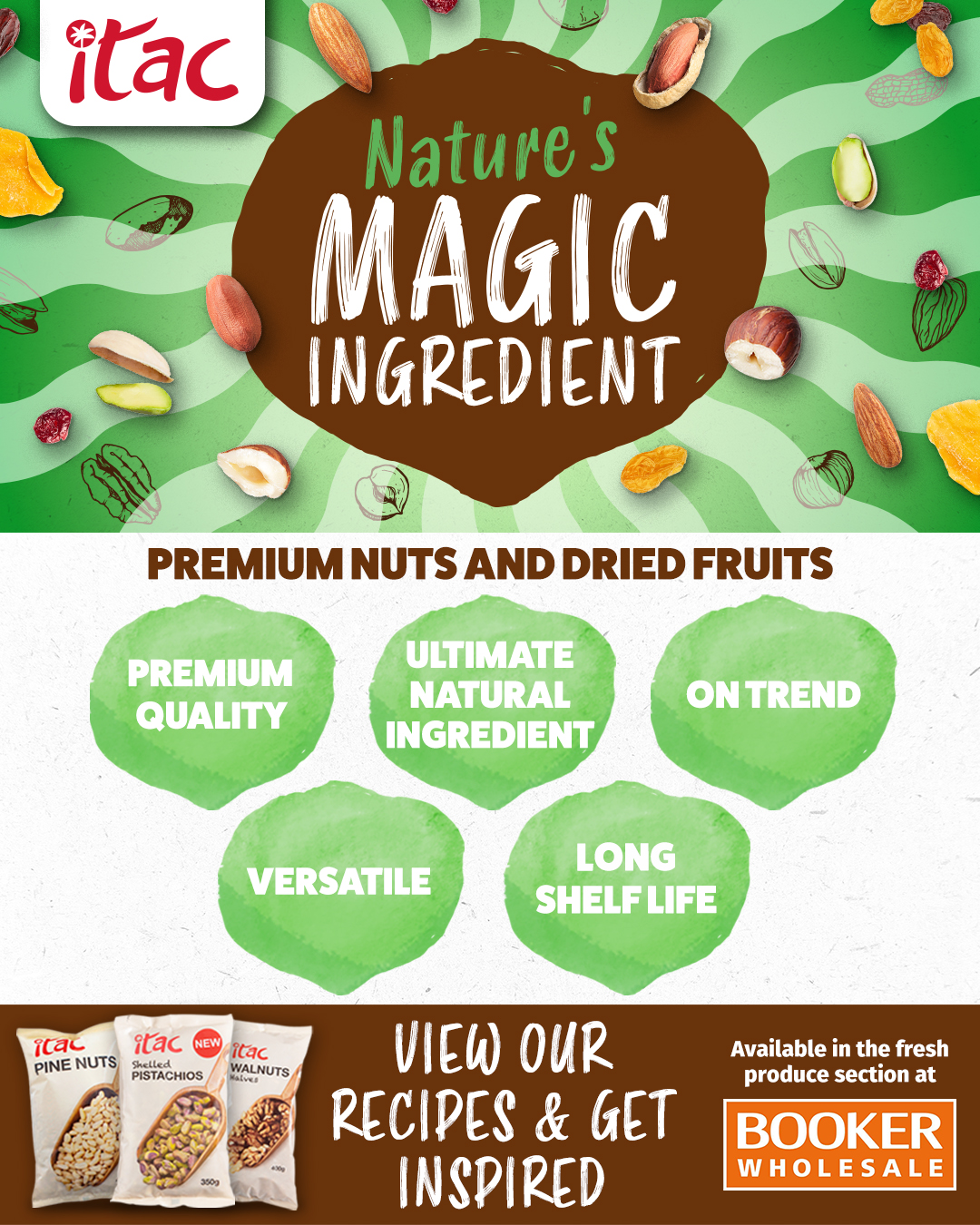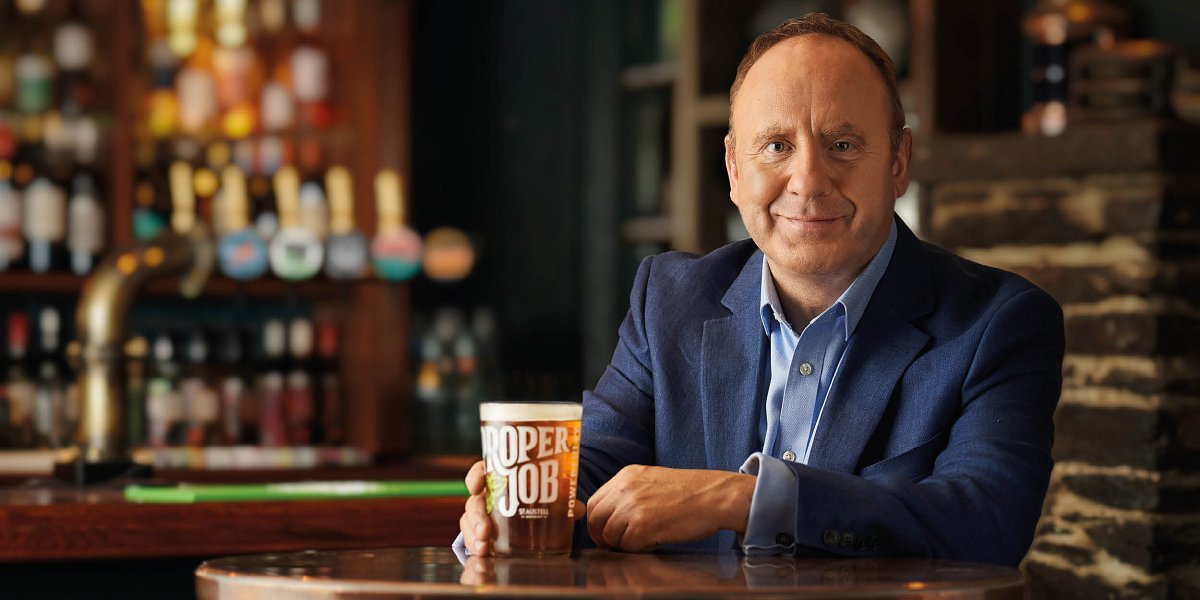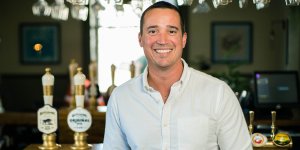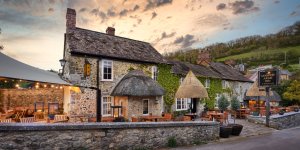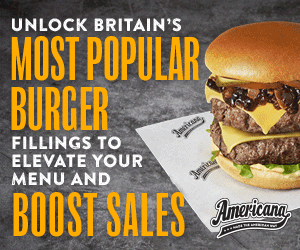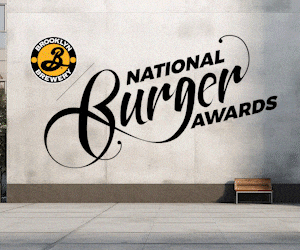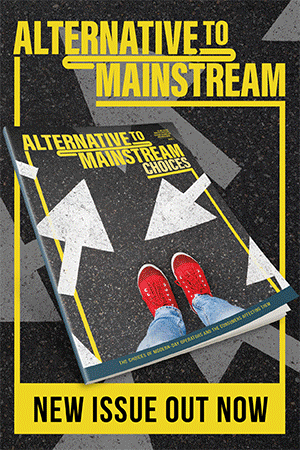Interview: Kevin Georgel, St Austell
Kevin Georgel, CEO of St Austell Brewery, chats to Pub & Bar about converting revenue to profit, the General Election and taking the business into phase three of its operational strategy.
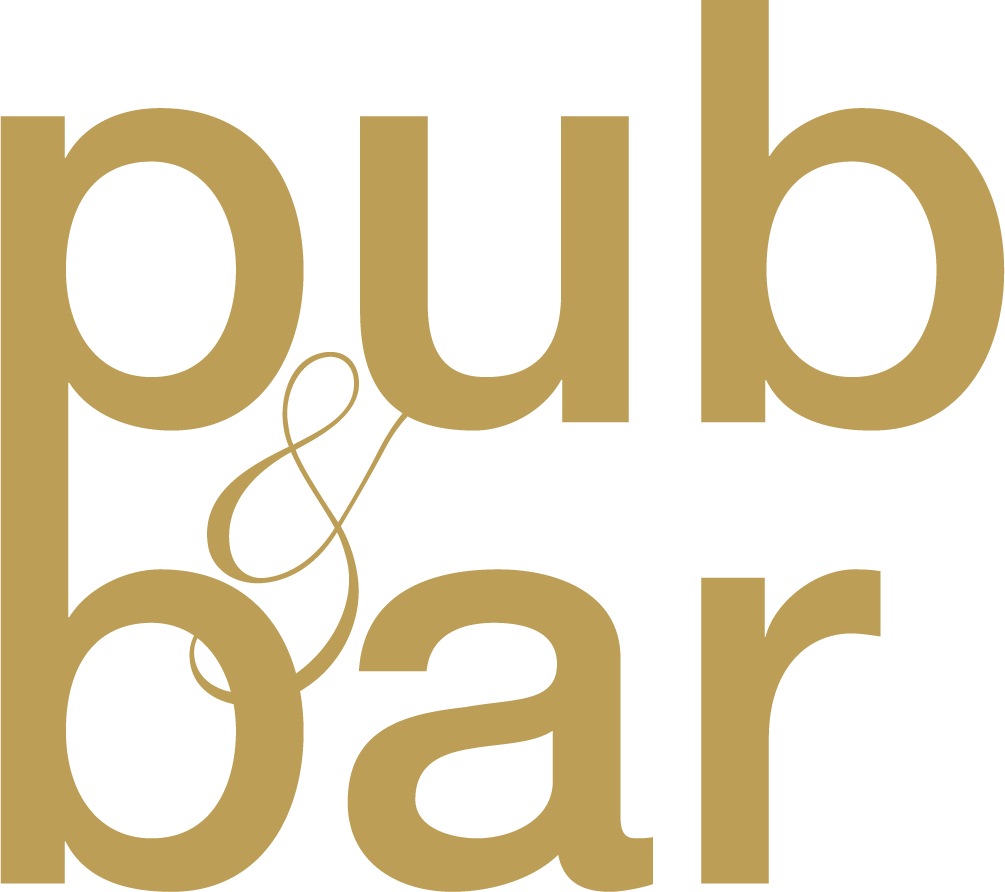
P&B: Thanks for talking with us, Kevin. So, a light one to start with. How is business?
KG: I joined St Austell in January 2020 and within a matter of weeks we were into all the challenges arising from Covid. But even at that point, we had a very clear plan in our heads as to what we needed to do and what we could see in the future.
We set out a mantra back then that was first about survival, then ensuring that we recovered brilliantly. Then the final phase of that plan was to focus on releasing the full potential of the business. That third phase is where we are today. What you’re seeing in our financial results is the second year of the plan – releasing the potential of our beer brands, of our incredible pub estate and the glue that holds it all together is releasing the potential of our people.
Our results indicate that we’re making fantastic progress against that ambition. The business tangibly has a real sense of momentum. Day by day, we can see the progress we’re making in all parts of the business. Things are good, the morale is good, optimism is good. We’re positive about the future of the company and we’re excited about the things that we’re doing and how they are impacting performance and reputation, and overall experience for customers and also our own team.
P&B: You mention your financial results. You’re one of the few that are converting revenue to profit. Why do you think that is?
KG: I’m encouraged that you have picked that up, because not everybody has. We’re clearly very proud of the fact that, not only have we delivered the second year of record turnover, but importantly, and this has been an internal challenge, we’re converting across the business far better than we were. All parts of the business have grown in profitability. Some of that is purely because the top line has grown and conversion has remained broadly similar, but our beer business is where we’ve seen the most significant growth in profitability over recent years. That has been down to a lot of hard work from the team around efficiencies, controls and just managing our service proposition effectively, without it going backwards.
P&B: So it’s not necessarily down to operational efficiencies?
KG: Like everyone we’ve seen extraordinary increases in utilities and we still have over £2m of increases in utility costs versus pre-pandemic levels. That’s just something that everybody has had to face. But we are a cost-conscious as a business. We talk about ‘bad costs’ and eradicating bad costs out of the business, which can be something that doesn’t generate any sort of return, whether that’s financial or from a people perspective. This is not about cutting costs generically, it’s about seeking out bad costs and removing them to allow us to grow as we are, which then allows us to continue to invest – we’re investing heavily right across the estate.
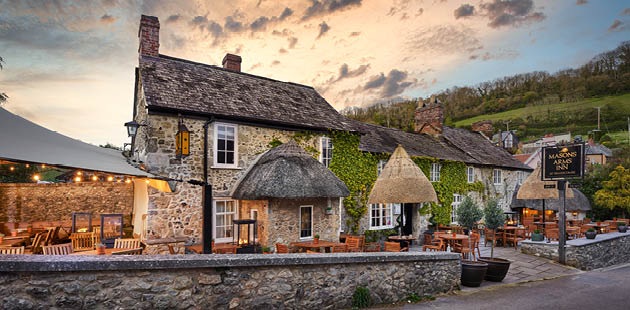
St Austell's Masons Arms
P&B: Like many of your group peers, has accommodation played a part in your success?
KG: It is an important aspect of the mix of the business. We have focused on materially improving accommodation experiences through our investment programme. We’ve definitely upped the quality of the experience that our accommodation guest is getting and we’re trying to capture more of their spend while they’re with us as well. But, if I’m honest, at least as equal, if not a more significant focus for us has been winning back some of our local trade. My sense when I joined the business was that we had become too reliant on the seasonality of our region. Of course, we want the visitors, but we’d almost turned our eye away from the local community, so we have made real strides to attract local custom back into our pubs and that’s definitely helping in the overall performance as well.
We trade right across the south west, but if you look at our heartland in Cornwall, we’re seeing around 1m fewer visitors there year-on-year since Covid.
P&B: Of course, there is always room for improvement, right? What improvements are you working on at the moment?
KG: I’d like to really start to use our CRM system that we’ve put into the business to truly understand our guests and to engage with our guests in a really compelling way. We’re in the early stages of that. Some of our booking systems are not as flexible and as agile as we’d like them to be. We’ve put the CRM system in and we’re yet to really take advantage of that because it’s fairly new into the business, but I’m excited for what we can do with that in the future.
I’m really proud of our digital presence. It’s getting lots of acclaim from guests and from our peers as well. But all of those sort of technology enablers are something that’s still work in progress.
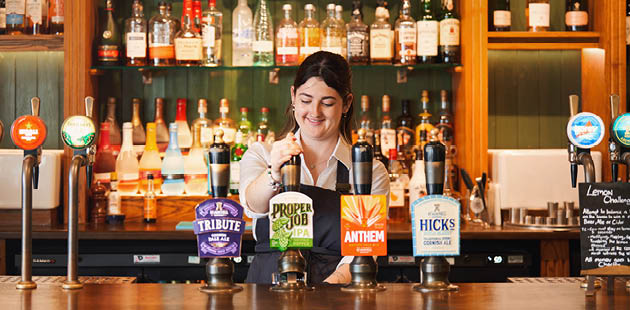
P&B: Talking of tech, to what extent is tech and AI encroaching on the personable side of hospitality?
KG: It’s a really good question and is one of those challenges that myself and all of my peers are grappling with. I believe that whatever we do with AI has to fundamentally enable our teams to deliver an even better human, authentic connection with our guests. That’s my principle. Anything that dilutes authentic human connection is probably not going to work for us. That’s not to say that AI can’t play a massive role in enabling the teams to spend more time with our guests, to help our teams develop knowledge, skills and understanding. There is definitely a huge opportunity for us around AI, but at this moment in time we should draw a line where it actually reduces authenticity and human connection. What people want now, in terms of the service, is more human connection, more authenticity and more warmth.
P&B: We’re chatting the morning after the General Election. What is St Autell’s message to the new government?
KG: There needs to be a proper review of tax on businesses and a modernisation of how we approach it. At the moment, traditional businesses that tend to employ a lot of people and operate physical premises are, as we all well know, being disproportionately taxed. Clearly the sector is pleased that Labour have indicated a thorough review with the business rates system, which is where a lot of that plays out. We will obviously hold them to account to doing that and we would like them to do it as quickly as possible.
The other message is around skills and people. The Apprenticeship Levy isn’t working effectively. We all want to train, develop and fulfil the potential of young people, but there’s more work to be done in getting a proper system and structure that enables us do that more effectively.
Finally, a message around trying to put a bit more money back into people’s pockets to enable them to come out and enjoy hospitality, which is going to be a challenge given the economic reality of where the country is at. There are large degrees of cynicism and depression about, so what I’d like to see over the next few weeks, months and through to the end of the year is meaningful steps being taken where people can start to believe again and have a bit more optimism. If people have more optimism and we can have more positivity, that is a catalyst for people to go out a little bit more and to socialise and feel as though there is a future and things are going to get better.
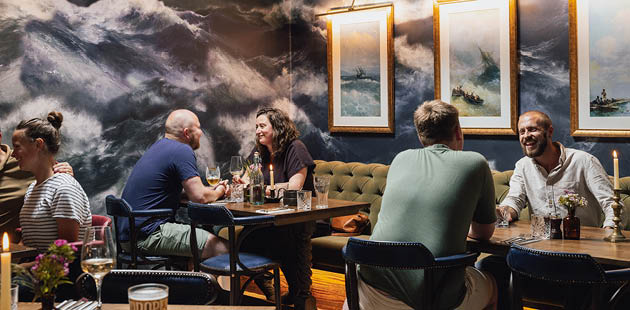
Pub guests at The Pier House
P&B: Tell us about Ludo Sports Bar & Kitchen, your partnership with ETM’s Ed Martin. One site in Bath so far – more to come?
KG: We’ve got lots of exciting things developing around where we take Ludo next, having had the huge success that we’ve had with the first site in Bath. We’re really excited about that. That’s probably the current to do list in terms of acquisition and expansion. Over three to four years, we’ll try for six sites – that’s the plan we’re on and we can see us moving towards that over the next 12 to 18 months. I know it doesn’t sound a lot, but these are big sites that are quite complex, and we’ve got some opportunities that we’re quite excited about.
P&B: And are those opportunities just for Ludo or the wider estate as well?
KG: We did a piece of work a couple of years ago to decide on the very precise sort of criteria of pubs that we would be keen to buy. We’ve got a market map of the south west in terms of businesses we’d like – the main [type] those are going to be are individual or small groups, rather than anything more bigger than that. We think there will be continual opportunities to acquire those premium, beautiful locations across the south west.
We’re trying to grow our managed business to over 50 in the next few years. But we’re also continuing to buy, and will continue to buy, high-quality tenanted businesses as well. At the moment we have 43 managed pubs and 120 tenanted pubs. St Austell is a business that is on an exciting journey that’s all about releasing our potential. We see huge potential in the business going forward.


